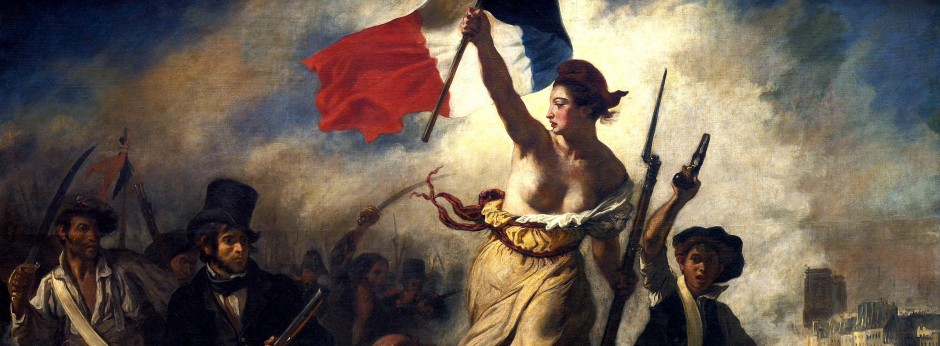Whether you believe it or not, race is a fundamental part of your identity. Being white does provide people with special privileges in America, the same way having brown skin becomes disadvantageous before its bearers ever say a word. These are things Ifemelu seizes on which her peers–if they ever notice them–are consistently tiptoeing around. It’s not surprising to me that she feels the need to speak out about it.
Ifemelu as a blogger writes about racial and social justice issues which have been defining her for years, but which Americans continue to ignore. I would say she does this partly out of civic responsibility, because America is supposed to be the land of equal opportunity, and it so blatantly is not. The brilliant place Nigerians always fantasized about is just that: a fantasy. She wants people to realize this.
The fact that Ifemelu is an immigrant is important though, because unlike Americans, she has not been cultured into thinking our racist culture is normal. As an outsider, what most Americans hardly ever consider–such as how we constantly racially profile people–is something she views as obvious. She is also able to take a mostly unbiased stance on “the American Black,” because while she is black, she has not been raised in the same society or been taught to think in the same way.
By portraying Ifemelu as an outspoken, intelligent, black immigrant, Adichie is able to tell a story through the eyes of someone who not only experiences American racism, but can also form opinions on it without the familiar baggage of what some might consider the “bitter, post-slavery views” of American blacks. To Ifemelu, everything is fresh and new, and the way she openly talks about these taboo topics makes what many Americans experience everyday fresh and new as well. And that is what finally makes the reader wake up and notice how our civic responsibilities (i.e. keeping people of color from being discriminated against in a society centered around “equality” and “freedom”) are being thoughtlessly shirked.
Tags: Americanah, bardhan, blogging, race

Very insightful that you point out Ifemelus’s position; I never came to the realization that she was black and living in a white society but not accustomed to living around black tradtions. This gives her insight to two different outlooks and establishes her credibility or ethos as a narrator because she is unbiased.
Good analysis of ‘the civic’.